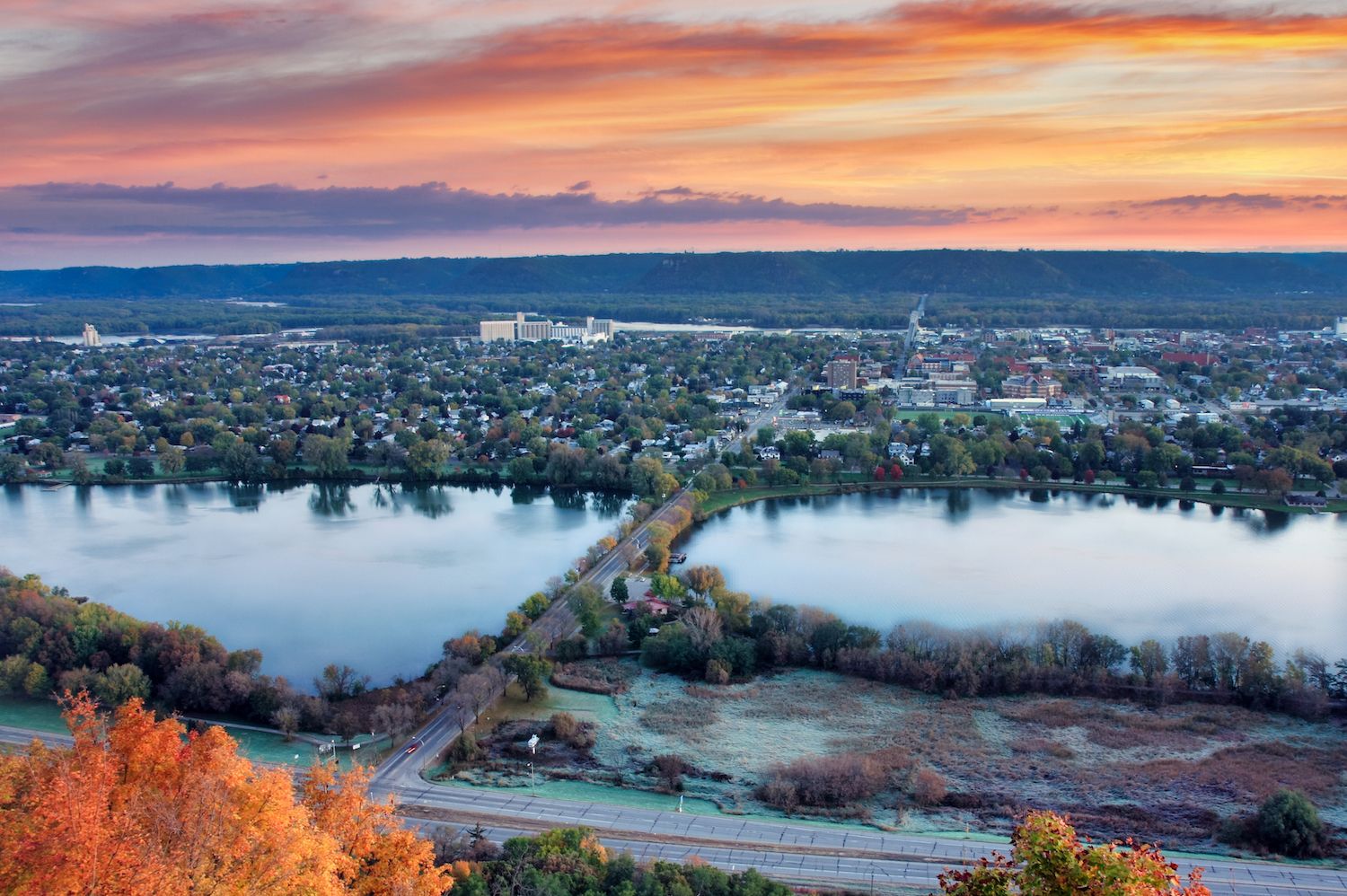The beautiful peaks, varied ecosystems, and unrivaled hiking opportunities of Guadalupe Mountains National Park make it an attractive destination for adventure seekers. Guadalupe Mountains National Park is the perfect place for a weekend hike because of the beautiful surroundings and exciting wildlife you’ll encounter. In this article, you will find some of the best things to do in Guadalupe Mountains National Park.
Learn all about this trekking destination with these things to do in the Guadalupe Mountains National Park guide and what to know before you go hiking.
1. Guadalupe Peak Trail
Start your hiking adventure like no other by taking on the Guadalupe Peak Trail. The trail peaks at 8,749, which is Texas’s highest peak. Reaching the peak is difficult but ultimately a rewarding trek.
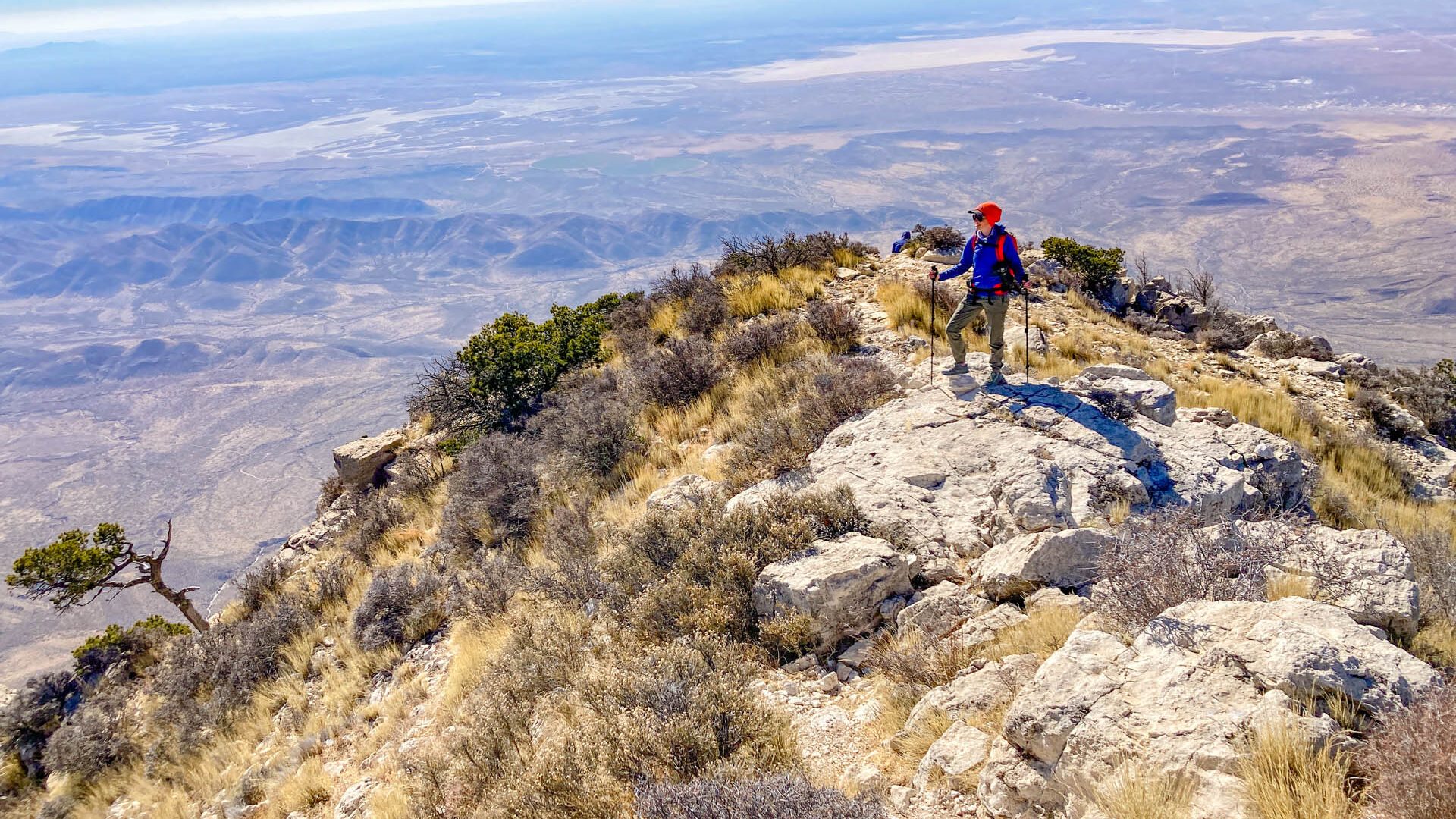
As a magnificent appreciation for all your hard work, a grand view from the peak offers a beautiful view of the entire park.
2. McKittrick Canyon Trail
See McKittrick Canyon in all its glory, but especially in the fall as the leaves change color. An oasis in the middle of a desert, the McKittrick Canyon Trail winds its way through verdant canyons.
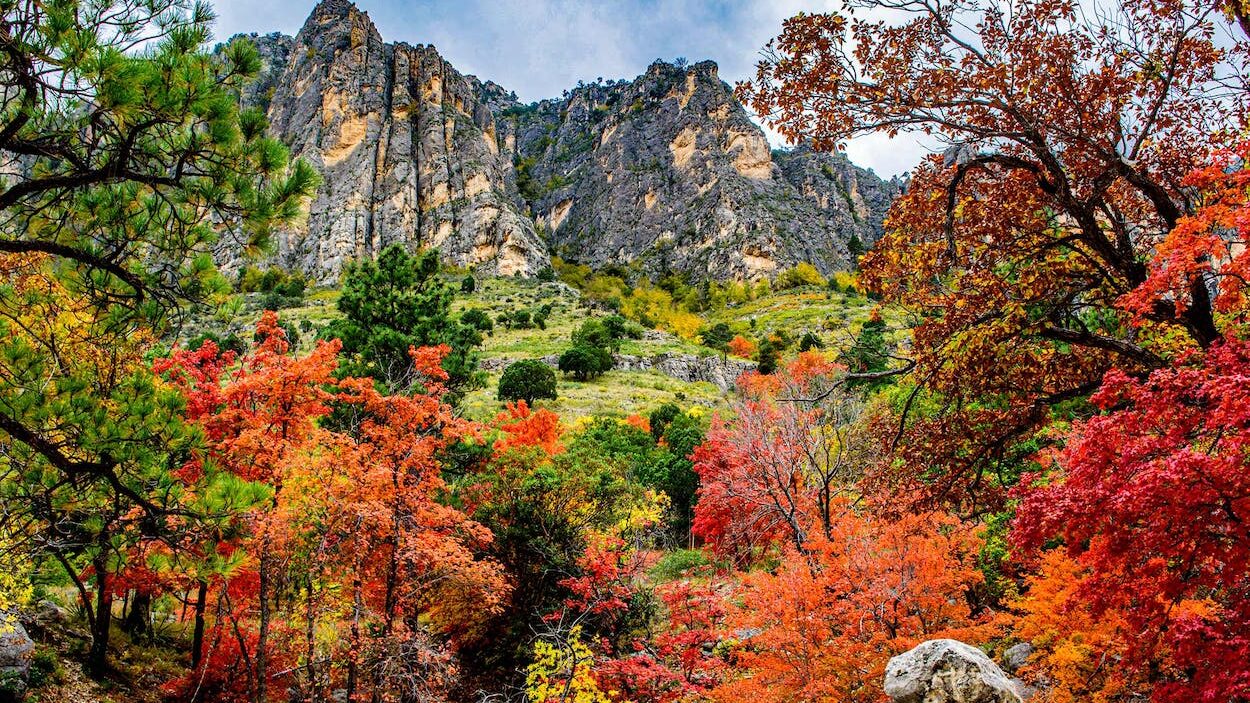
If you’re looking to spice up your hike, be on the lookout for the historic Pratt Cabin and Grotto.
3. Devil’s Hall Trail
Follow the Devil’s Hall Trail to see the intriguing Devil’s Hall geological feature. The delicate layers of rock carved out by water over centuries are on display in this small slot canyon.
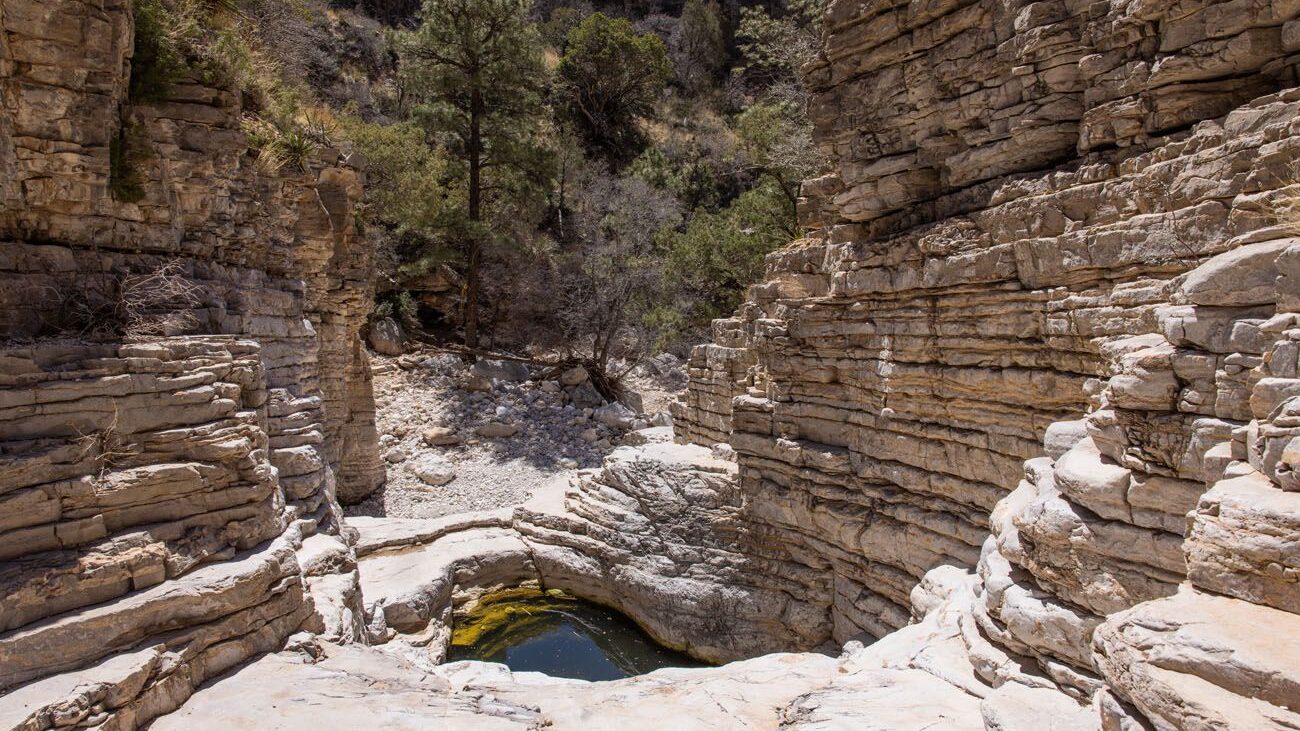
You may experience the distinctive aspects of the park’s geology on this moderately hiked track.
4. Guadalupe Mountains Wilderness Area
The Guadalupe Mountains Wilderness Area has backcountry paths and camping spots for experienced hikers and campers. Get out on lonely routes, find secret canyons, and enjoy nature all to yourself.
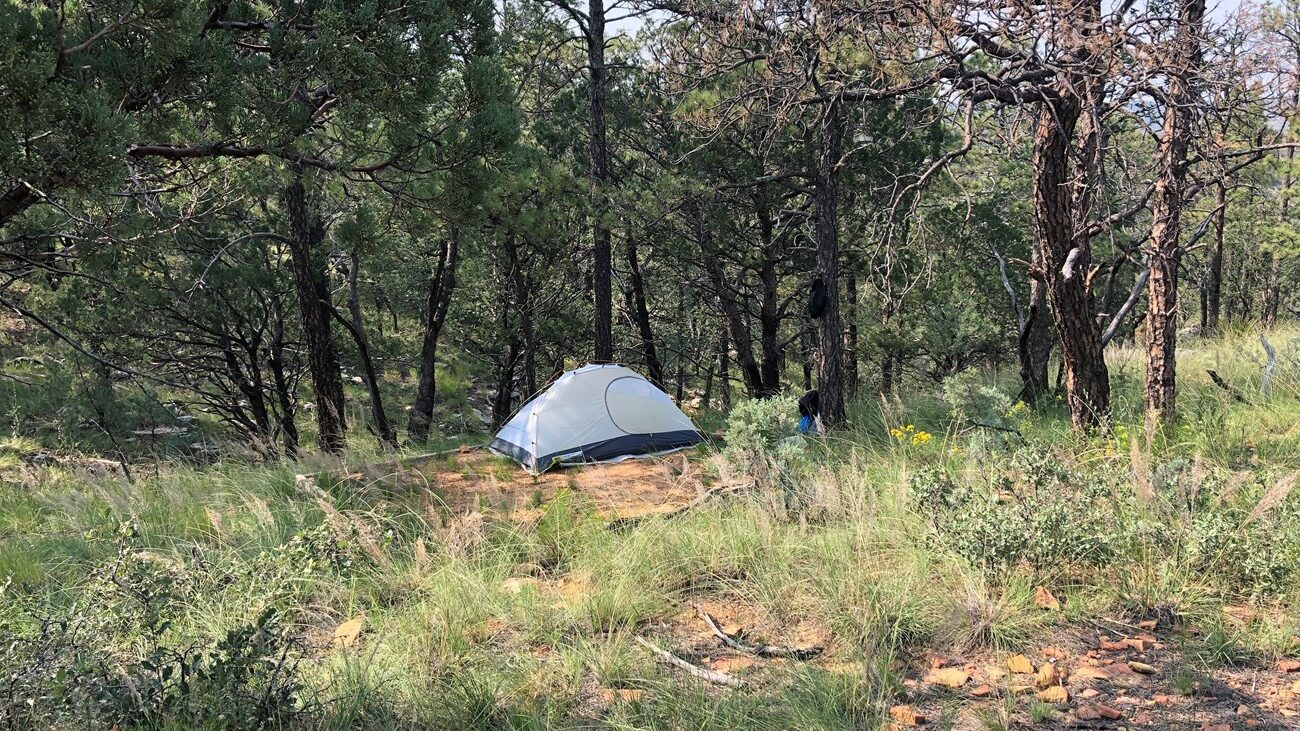
Backcountry camping requires a permit, so you can fully immerse yourself in the park’s wild splendor.
5. Smith Spring Trail
Discover a desert wonderland on a hike along the Smith Spring Trail. At the end of this straightforward route, one arrives at Smith Spring, a natural area surrounded by tall rocks.
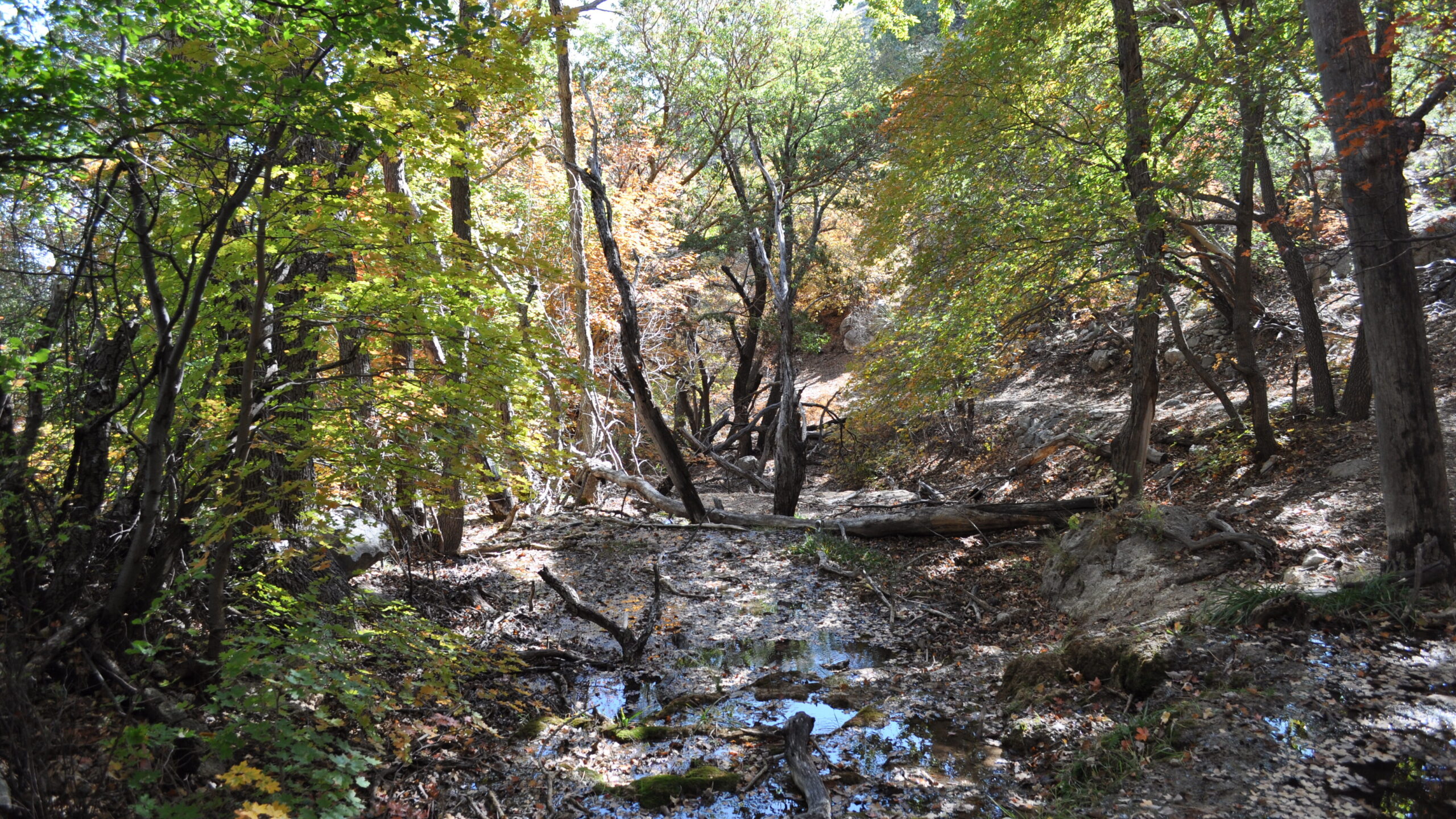
Take in the peaceful sounds of running water as you see the stark contrast between the spring’s blooming greenery and the dry landscape.
6. Tejas Trail
For a hard backcountry trip, consider the Tejas Trail. An authentic test of stamina is presented by this trail’s varied topography, which ranges from desert flats to mountain slopes.
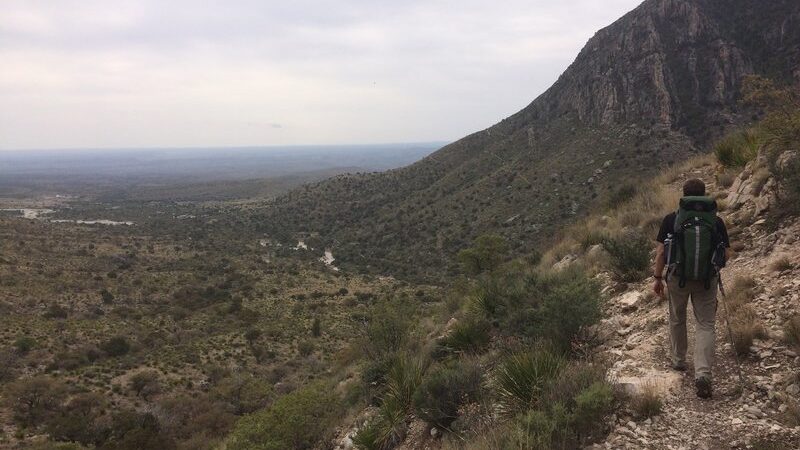
Backcountry camping places and the park’s varied ecosystems can be reached via the Tejas Trail.
7. Frijole Ranch Trail
Embark on a historical hiking adventure along the Frijole Ranch Trail. This short path takes you to the historic Frijole Ranch, a well-preserved homestead that offers an insight into the park’s ranching heritage.
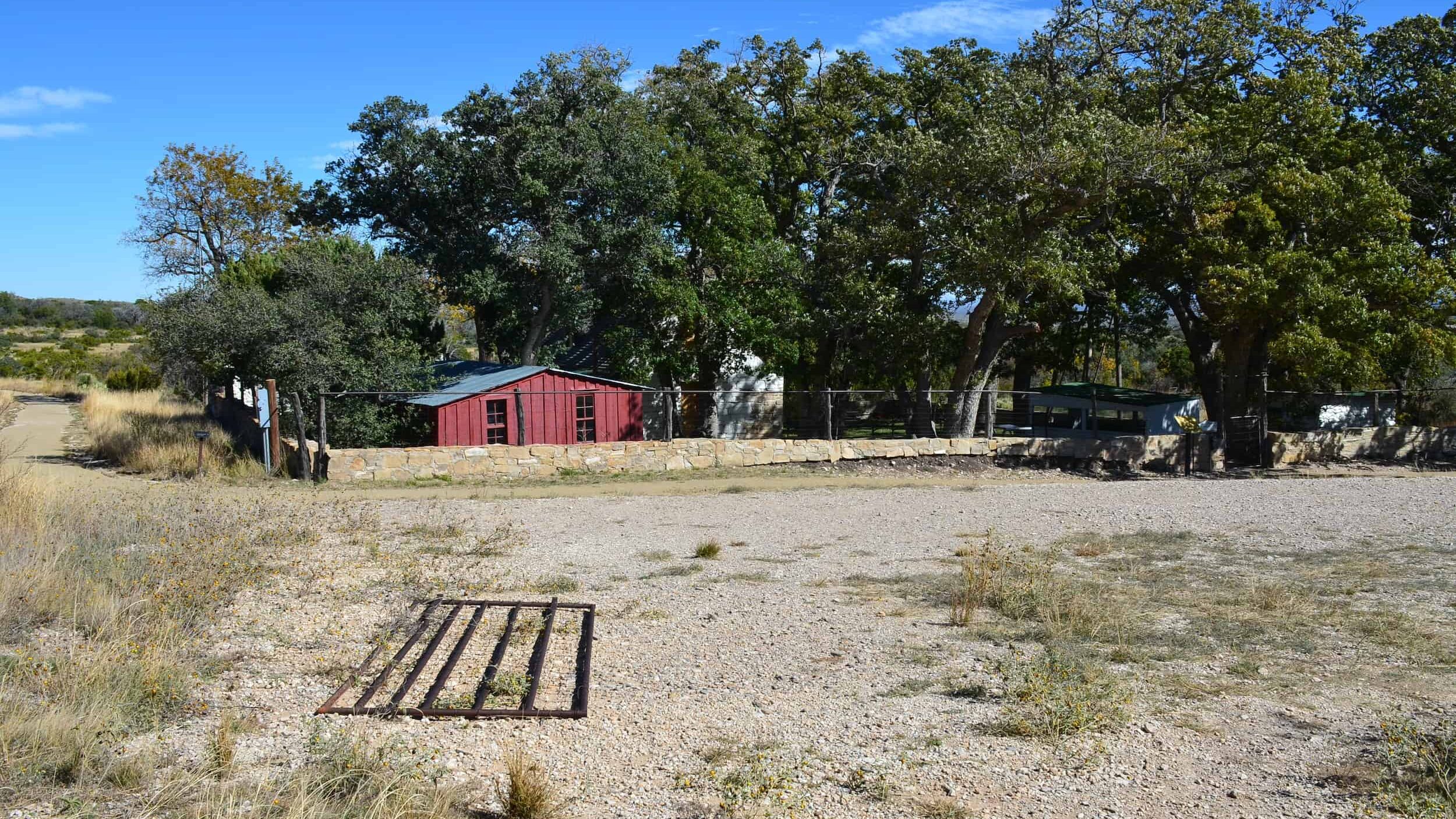
Take a tour of the ranch’s structures and learn about the history and culture of the region via the interpretive exhibits.
8. Manzanita Spring Trail
Explore the arid vegetation of Guadalupe Mountains National Park on the Manzanita Spring Trail. On this walk, you can see cacti, yuccas, and other desert-adapted plants that have adapted to the dry climate.
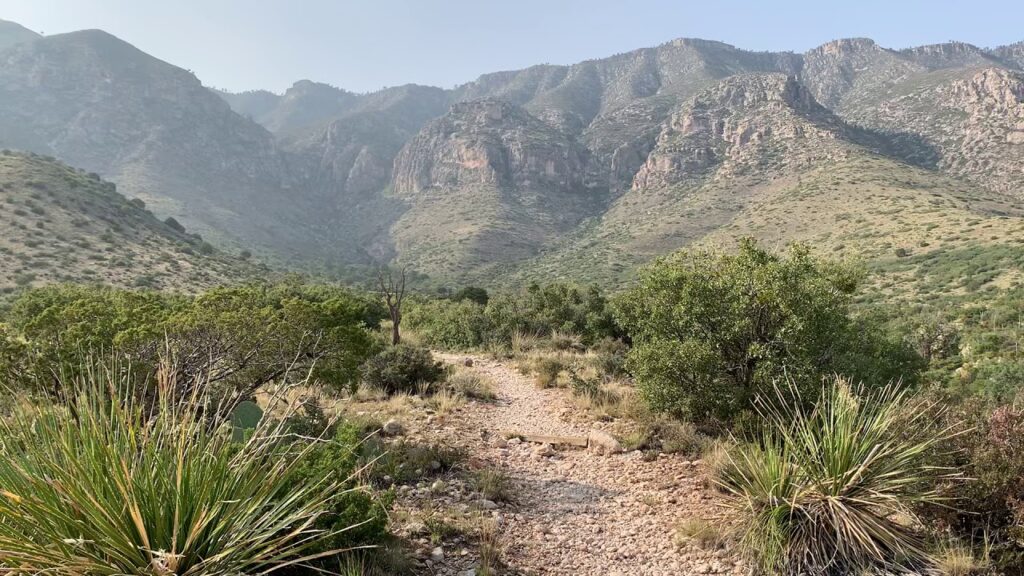
9. El Capitan Trail
One of the most famous features in the park, El Capitan, can be seen from the El Capitan Trail, which visitors can hike. This towering mountain stands out against the backdrop of the Guadalupe Mountains.
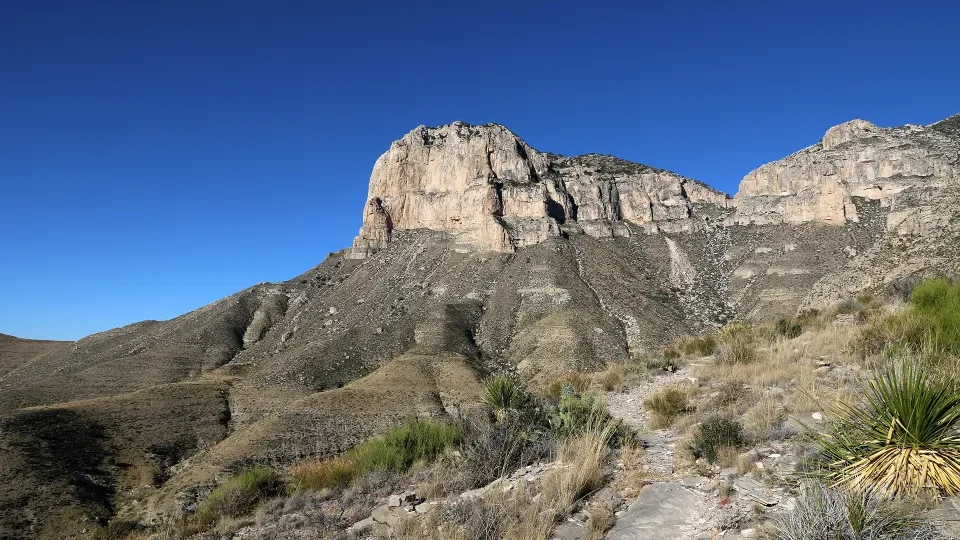
You may get a feel for the magnitude and splendor of this natural landmark by walking along the trail.
10. Guadalupe Ridge Trail
The Guadalupe Ridge Trail is a great option for hikers looking to cover a large portion of the border between New Mexico and Texas. Hikers can immerse themselves in the park’s diverse ecosystems and scenery over several days on this long-distance trek.
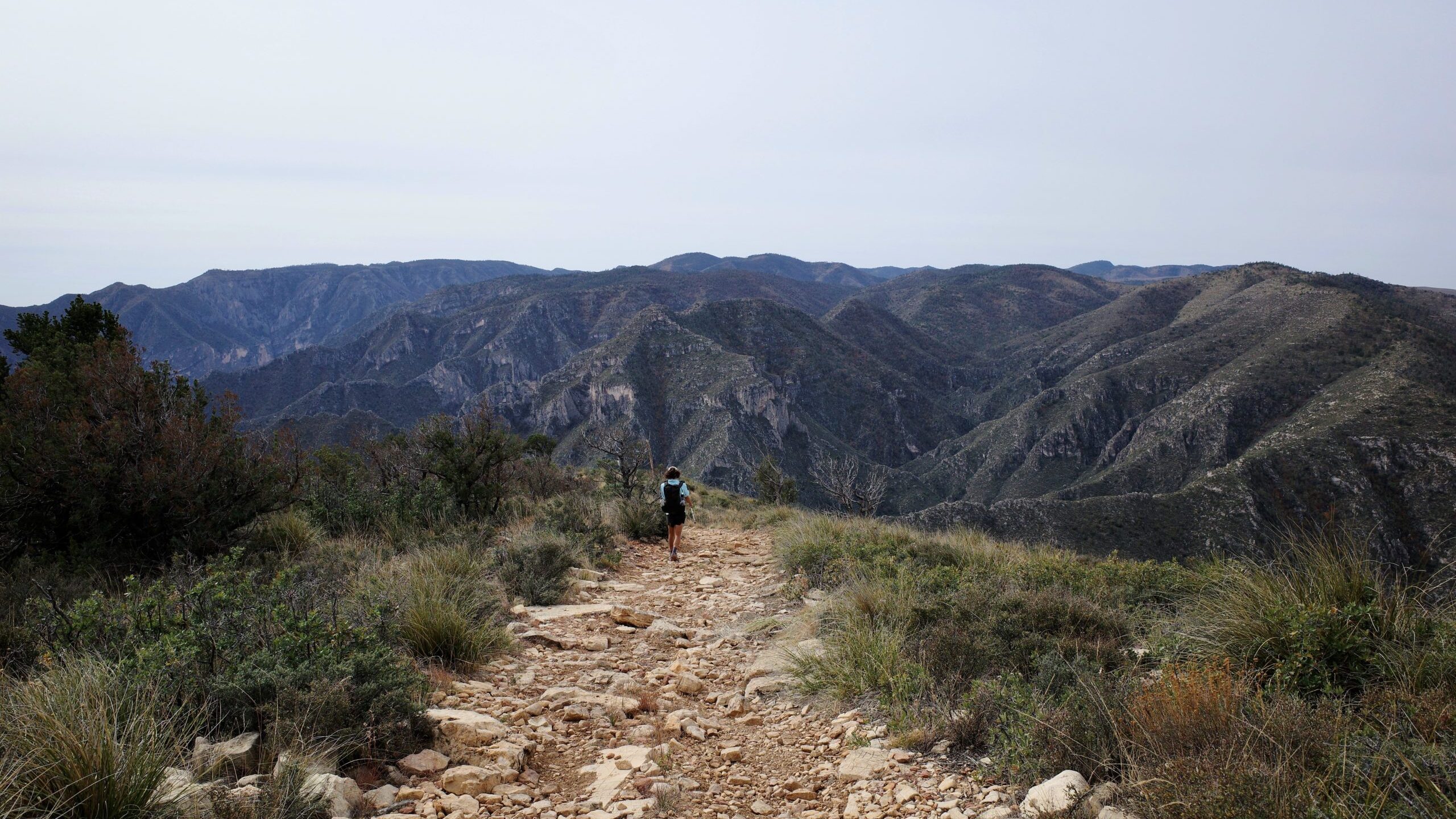
This backcountry expedition requires extensive planning and preparation.
When is the best time to visit Guadalupe Mountains National Park?
The best time to visit Guadalupe Mountains National Park depends on your interests and activities. Most people recommend spring (March–May) and fall (September–November). Spring is moderate and wildflowers bloom, while fall is nice, and foliage changes.
In summer (June–August), lower elevations are hot, but higher elevations in the park are cooler. Winter is a peaceful time to come with less visitors, although it can be cold and snowy.
Remember that the weather might change, so check the weather forecast before visiting.
Conclusion: Things to do at Guadalupe Mountains National Park
The Guadalupe Mountains National Park is a paradise for hikers and other nature lovers, with its maze of paths leading to stunning views and spectacular peaks. An entire trip into the raw splendor of the Chihuahuan Desert awaits you on a weekend excursion to this national park, where you may climb Texas’s highest peak or wander through a beautiful canyon. Fasten your hiking boots, inhale the fresh mountain air, and allow the paths of Guadalupe Mountains National Park to reveal themselves.



